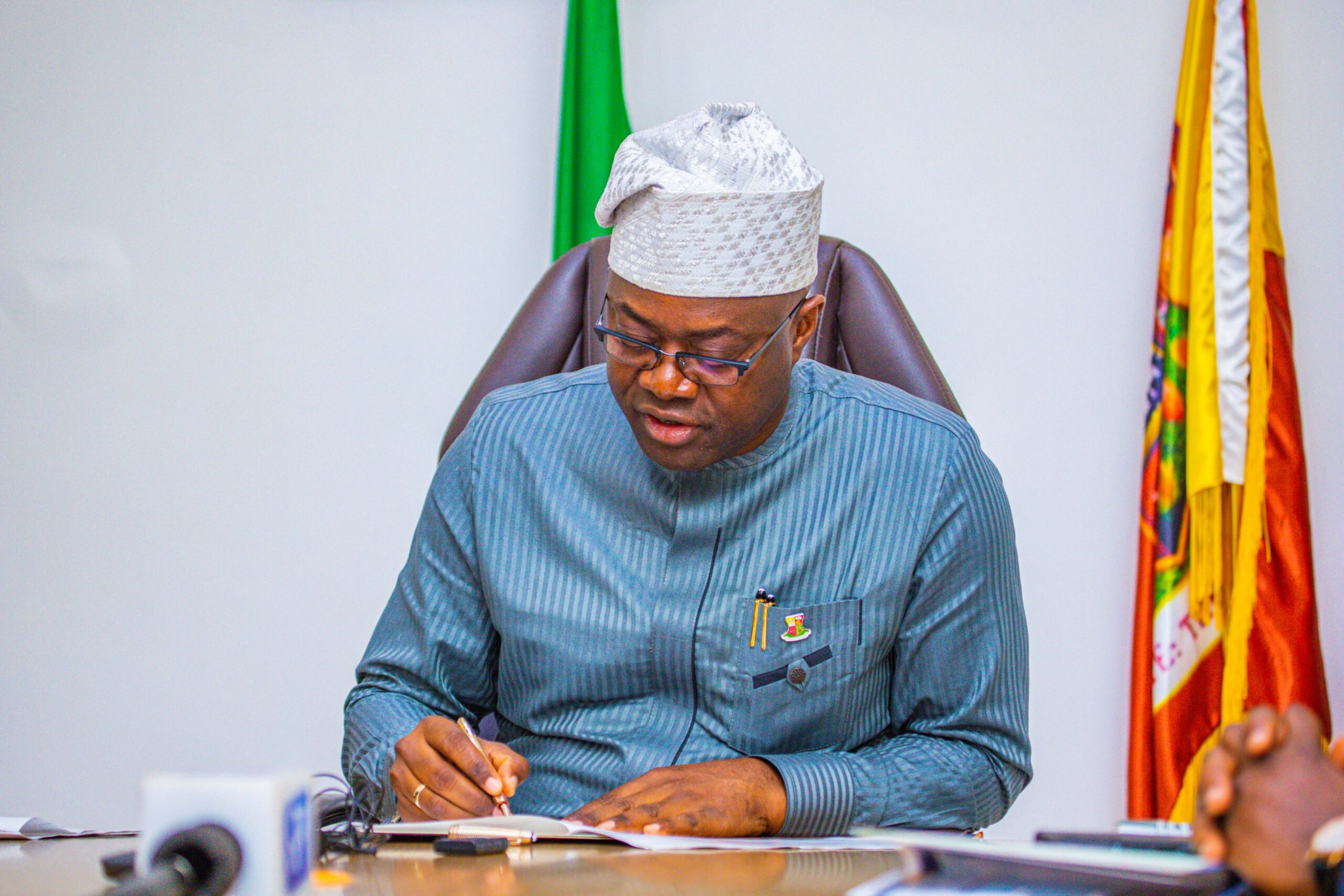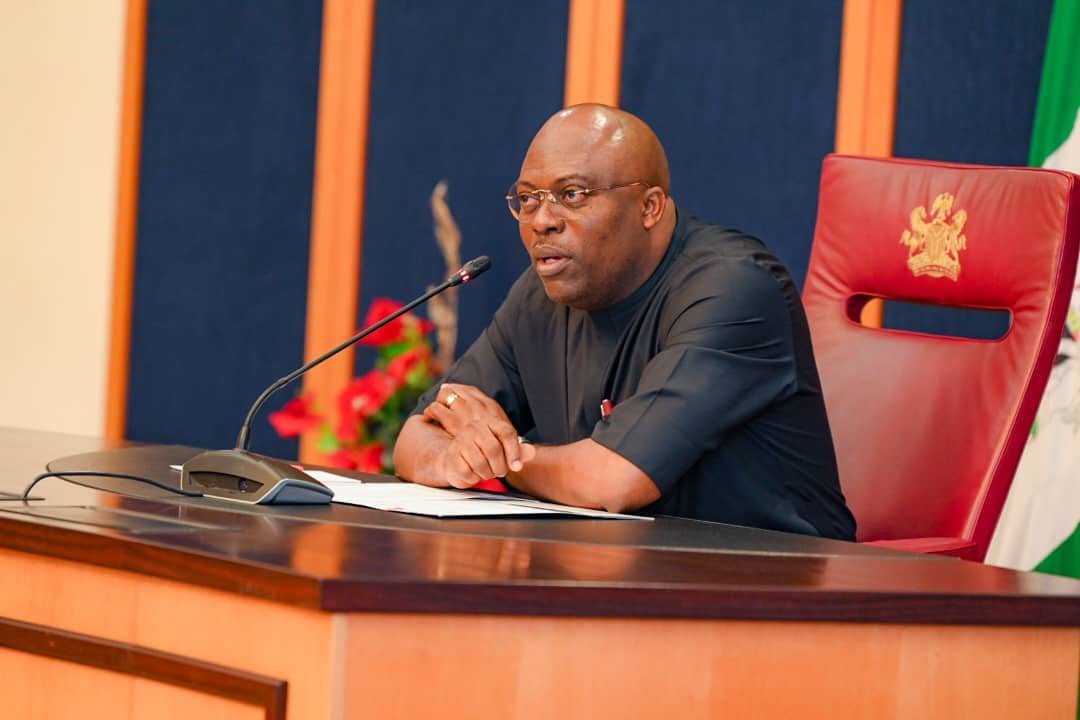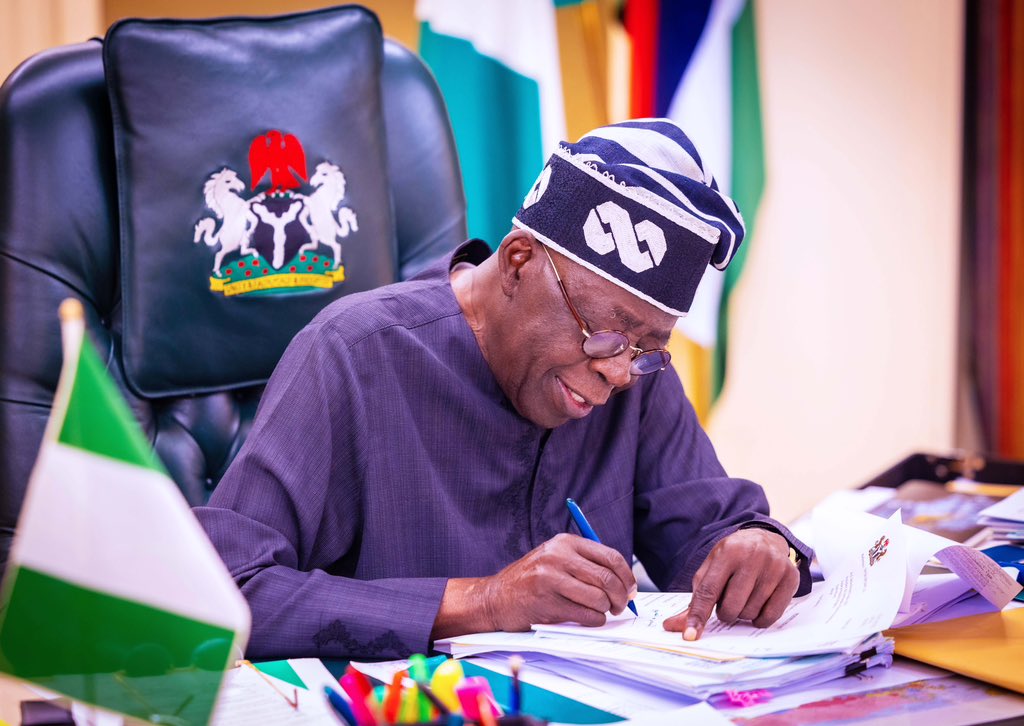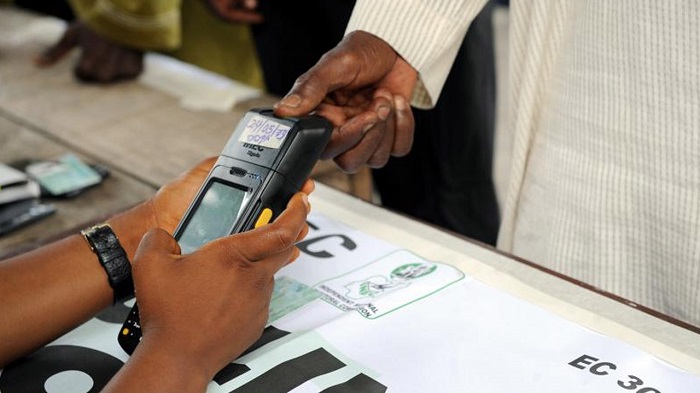Recently, I published an article with the title, “The Merchant Called Nnamdi Kanu and His 2019 Senatorial Ambition". The responses have been quite amazing as reactions keep pouring into my email from far and near; some commendations, and others outright threats. Well I want to deeply appreciate everyone for their well thought out reactions.
I will further my arguments in this article on the renewed agitations for Biafra, particularly taking a deep retrospect of history. A great philosopher once said, “...hindsight is better than foresight”. The truth is that the more historical minded you are the better you can appreciate the present and chart an effective cause for the future. For this reason, I am going to lay a foundation today that will aid further examination of the abundant opportunities before the Igbos, now that secessionist agitations are raging.
Meanwhile, some excerpts in this article were taken from published works on the American Civil War, particularly, https://www.civilwar.org.
Now the American Civil War was fought between the United States of America and the Confederate States of America, a collection of eleven southern states that left the Union in 1860 and formed their own country in order to protect the institution of slavery. The southern states of South Carolina, Mississippi, Florida, Alabama, Georgia, Louisiana, Texas, Virginia, Arkansas, North Carolina, and Tennessee, seceded immediately Abraham Lincoln was elected President in 1860. Lincoln though was from the slave-state of Kentucky in the North refused to recognize the Confederate States, instead fought to keep the South in the Union.
The interesting fact was that between 1776 when America gained independence and George Washington was elected President, to the year of the secession in 1860, America had fifteen presidents, ten of which were from the South, and five of whom were presidents for two terms each. Indeed the south dominated the American political space.
However, the abolition of slave trade in Britain in 1807 changed the world order, in which the narrative of slave trade transformed drastically against holding fellow humans bondage. While religious and political leaders in the North of America began to agitate and call for the complete abolition of slave trade, the South who had maintained political dominance blatantly refused to heed the clarion call. They were so blinded by the economic benefits they made from slave-trade that they began to lose political control to the North by the 1840s. In fact the last three presidents before the secession in 1860 were all from the North of America.
The greatest lessons from this political misfortune were represented by the years after the civil war, as the South completely lost political relevance in America. For a long time after the Civil War, politicians from the South were considered unelectable. Abraham Lincoln's Vice President, Andrew Johnson was the last Southern president for nearly half a century. After President Woodrow Wilson administration in 1921, it took nearly another half a century before the next Southern president was elected.
During these periods Democratic Party rarely nominated Southern presidential candidates, as southerners were tagged with the brush of secession. The northern electorates were equally extremely reluctant to cast a ballot for a southerner. That was how the south lost out completely in the political power structure in America for about 100 years, albeit the 1960s when the South began to regain political control.
The first lesson here is that every failed secession attempt comes with its own burden of distrust. The South-East region like the South in America has continued to suffer political consequences from the brushes of the failed secession attempt between 1967 and 1970. Other component parts of Nigeria are seldom convinced that the Biafran dream has been laid to rest. Such distrusts which have grossly affected the political fortunes of the Igbos in the Nigerian project, have been fanned and fuelled by the occasional and at times sustained call for secession.
It’s like an aggrieved husband who constantly threatens the wife with divorce at the slightest provocation - that marriage will never see the light of day. As long as he feels there is a better “bride” out there, he WILL NEVER put in the required efforts to work out his current marriage. The wife on her part will perpetually live on the edge of being thrown out of her matrimonial home. But however, the transgression(s) of the wife, the day both parties, starting with the aggrieved husband choose to deal with the emotions of offence and accommodate true forgiveness in his heart that marriage is heading for a successful outcome.
The Nigerian civil war remains the bloodiest experience for the Igbos as a people. Fifty years after, the memories of the war remains fresh in our minds. With well over 2.5 million deaths, it has not been easy to allow the emotions of that dastardly experience die, “just like that”. The sentiments remain so strong that it has the capacity of being retained for the next 1000 years. But the danger is this, our children and grandchildren may continue to face the challenge of political and social exclusions in the Nigerian project.
Therefore, like Nelson Mandela who successfully helped his people to deal with the emotions of segregation and apartheid regimes in South-Africa, the Igbos now needs a sound leadership that will sincerely advocate and help the people deal with the lingering emotions of the Nigerian civil war and convert the negative experience as their strongest weapons of strength. The South learnt their bitter lessons, took it in their stride and worked assiduously to build the American project. They couldn’t have done that if the quest for secession was not completely laid to rest; and today they have Donald J. Trump as the President of the United States of America.
There is no doubt that the Igbos are major stakeholders in the Nigerian project. We must, however, reject Biafran vendors who frequently come on the scene offering false hopes while making merchandize of our inherent burdens.
So far, even under the present arrangement, we have proved not to be pushovers, not at all. We must, therefore, deal with negative impediments of the failed secession bid of the 1960s, and choose to integrate ourselves in the Nigerian project. We must work towards dealing with the distrusts which have continued to affect our collective fortunes. We must kill that perception by other Nigerians that we as a people are still desperately seeking ways, by hook or crook, to jettison the Nigerian project.
As outlined in the second lesson from the American Civil War which shall be published in my next article, N’digbo is here to stay; and just as without much political power we have largely conquered the economy of this country, with diligence and hard work we are bound to rise and occupy the pride of place in the Federal Republic of Nigeria.
“Nwaanyi muta ite ofe mmiri mmiri, di ya amuta ipi utara aka were suru ofe.....” Meaning we must learn to change tactics if we are to thrive and emerge victorious in the situation we find ourselves.
Frank Eze
This email address is being protected from spambots. You need JavaScript enabled to view it.











